Positioned at Wombwell Gardens in the town of Northfleet, Wombwell Hall is one of our care homes in Kent that has a 120-bed care home offering specialist residential nursing care and palliative care for those living with dementia, Alzheimer’s, Parkinson’s, confusion, and other similar conditions.
The purpose-built care home is in a quieter part of Northfleet’s urban community. Surrounded by green space and tree canopies, the home is set in a pleasant and peaceful position yet benefits from easy access to town-based amenities.
Kindness and compassion lie at the heart of everything the team does at Wombwell Hall. Sensitive, dignified person-centred care and the well-being of all our residents, their families, and loved ones ensure that Wombwell Hall is truly a home for all. Personalised care plans consider not only medical, personal, and dietary needs, but also the individual’s likes and dislikes, religious preferences, and suggestions from family members.
As part of a person-centred care delivery plan, individuals are encouraged and supported to participate in their past times and hobbies or embark on learning something new in a fun and inclusive environment.
Wombwell Hall has many places in which to relax, dine, exercise, socialise, and be creative. The landscaped gardens and patios are the perfect spot to spend time with friends and family, or with one of the many neighbourhood groups or volunteers who visit.

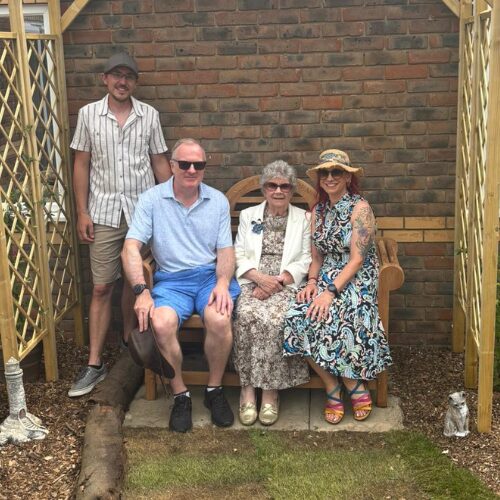
A photo of a recent community garden project
Take a look at the care environment and surroundings that our residents and their loved ones enjoy at Wombwell Hall Care Home.
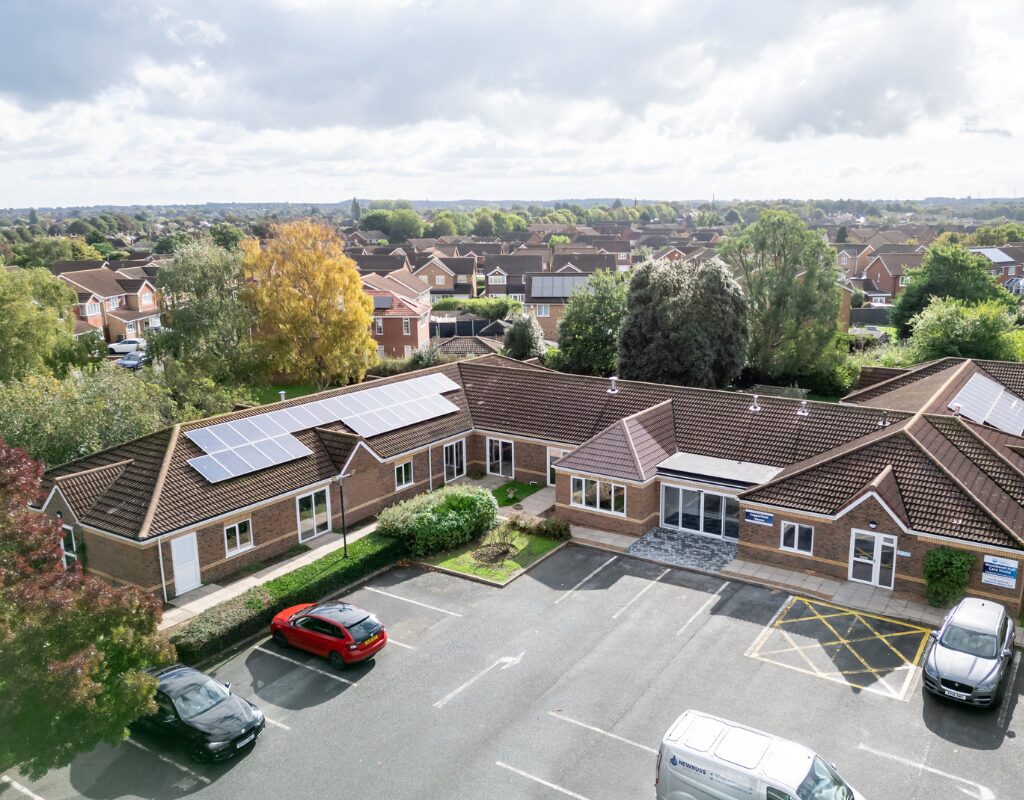
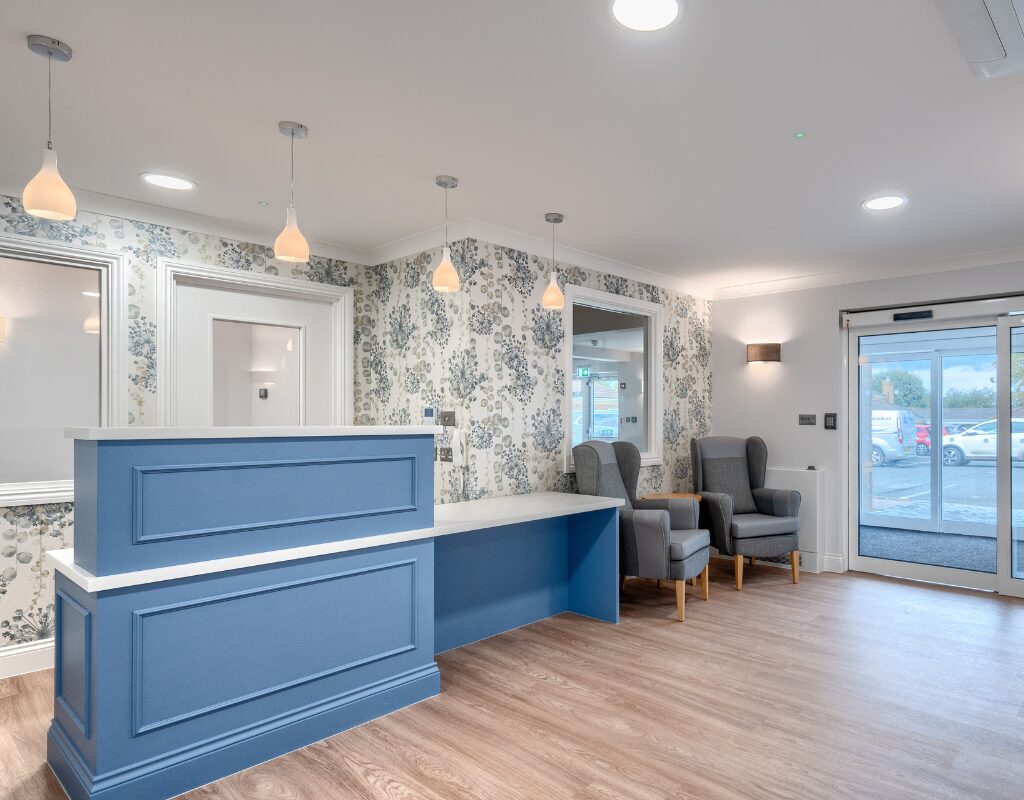
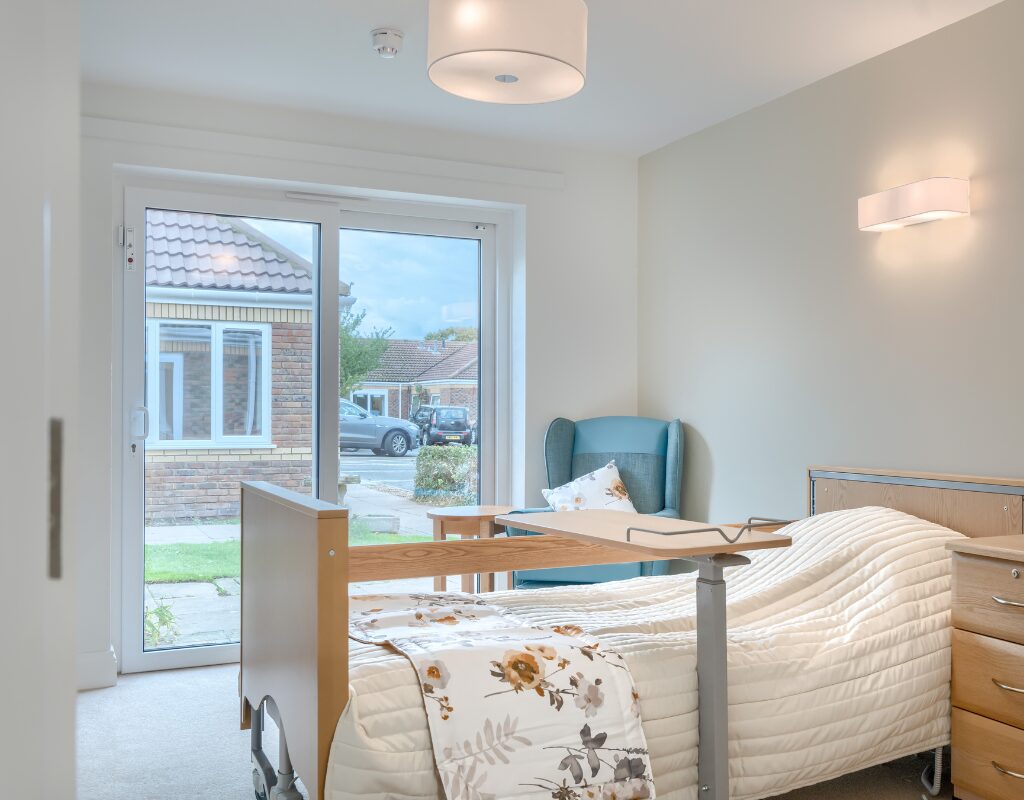
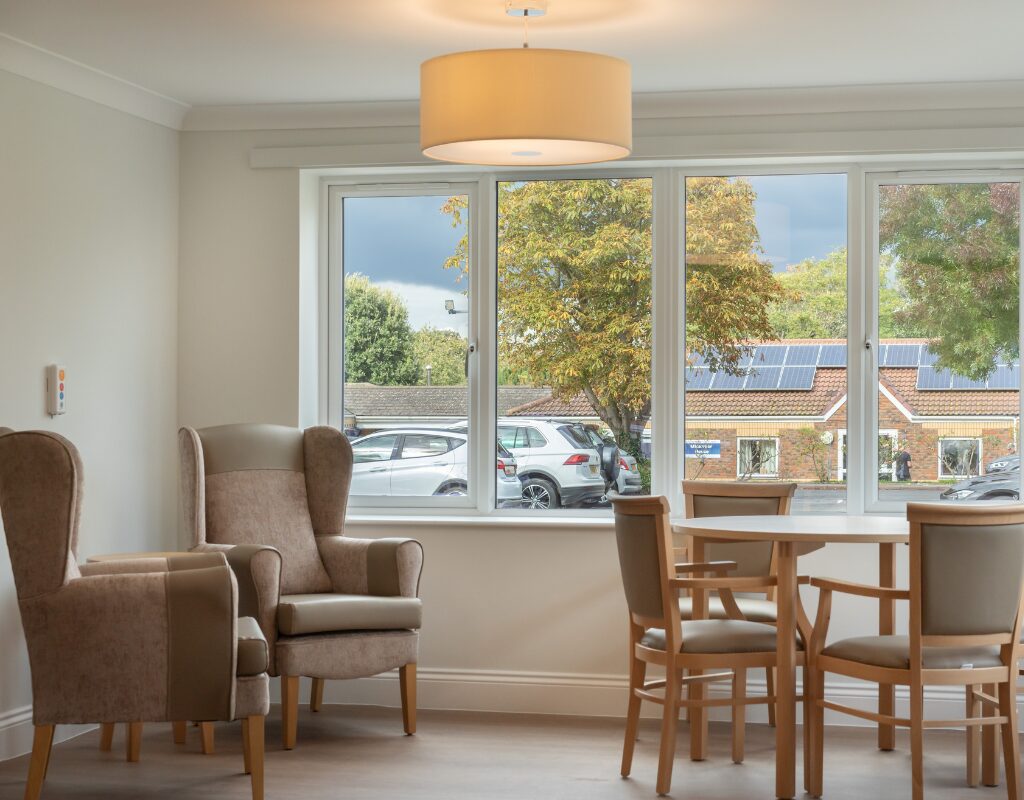
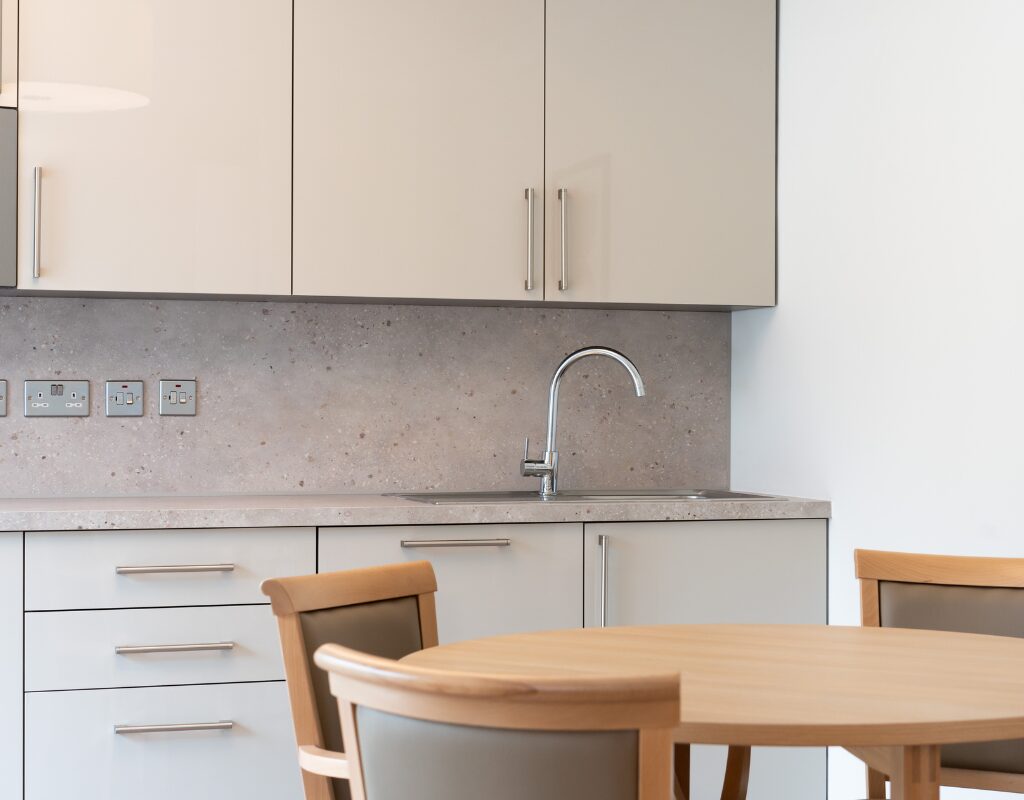
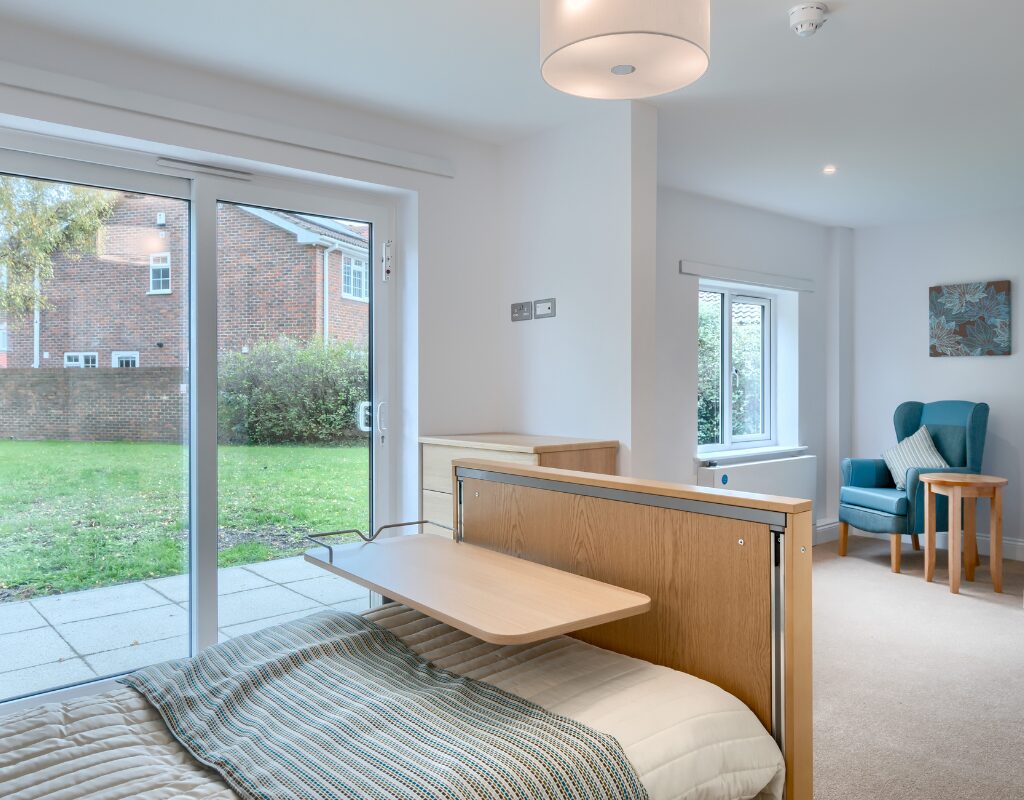
Here you can find out more about the care services we provide to residents and their families at Wombwell Hall Care Home.

Individuals who have been diagnosed with dementia and are unable to live independently at home due to the need for 24-hour care.
Dementia Care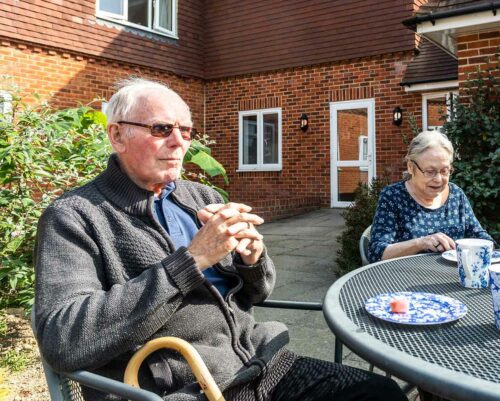
Individuals with minimal care needs who are either fully capable of living independently or require little assistance with care and daily tasks.
Residential care

We believe that everyone needing bariatric care should be able to live a fulfilled and healthy life with the right support that is tailored to their care journey.
Bariatric care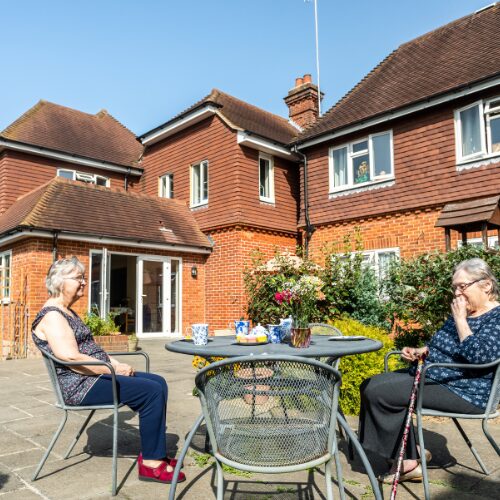
Individuals in need of a temporary living arrangement in a nursing home. Respite care, also known as a short care home stay, can last anywhere from a few days to weeks.
Respite and Rehabilitation CareWombwell Hall is a 120-bed care home, offering residential, nursing, dementia, palliative care, respite and rehabilitation, and a variety of more specialist care needs, including Alzheimers, Parkinsons, Bariatric care, and similar conditions. The purpose-built care home is in a quieter part of Northfleet’s urban community. Surrounded by green space and tree canopies, in a pleasant and peaceful position, yet benefits from easy access to amenities in the local town.
Having benefited from a thoughtfully designed refurbishment in 2024, the communal areas include spaces that enhance the well-being and daily lives of everyone who calls Wombwell Hall home, including dining rooms, lounges, day rooms, a conservatory, a hair salon, and treatment rooms.
For all enquiries, including arranging a visit to Wombwell Hall, please complete the form at the bottom of this page, call 01474 569699, or visit the ‘Contact us’ section below.
Wombwell Gardens, Northfleet, Gravesend DA11 8BL
See what residents and their families say about our team, quality of care, and facilities at Wombwell Hall Care Home.
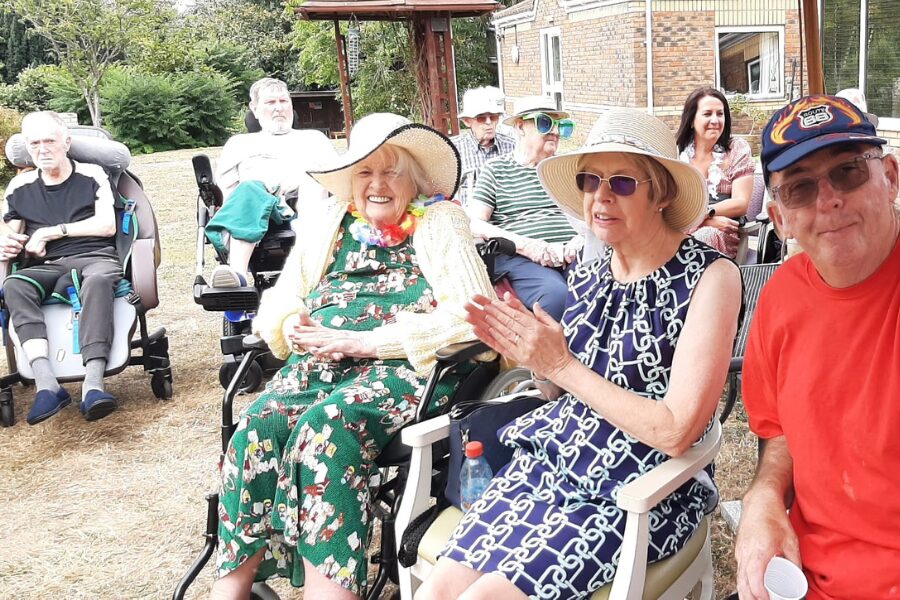
View the latest news and updates from the team at Wombwell Hall Care Home.
Whether you need help with how to choose a care home, would like a quote or have a question, we’re happy to reply to you by email or call you back at a time to suit you. Simply fill in the form and a member of our team will be in touch, or you can call us on the contact number provided below.
What type of care do you offer in Care Homes?
We do our best to meet the needs of our residents at all times, whether they are here for only one day or for a longer period of time. We also offer specialised care services, such as;
I’m looking for respite care, which of your homes offer this?
Most of our homes and the south east offer short-term care, which can be booked ahead of time or on short notice.
Are Belmont Care Homes certified and inspected by authorities?
The Care Quality Commission has signed up Belmont Care Homes and given its approval (CQC). The CQC looks for new ways to make sure that the health and social care services in England are safe, well-run, considerate, and of high quality.
What is the difference between a care home and a nursing home?
Nursing care is like residential care in that it helps people who need a registered nurse to watch over them all the time. Residential care gives people who need extra help and support a place to live that feels like home and is supervised by staff who are on call 24 hours a day, 7 days a week.
Are there any State Benefits we may be entitled to?
Most state benefits are based on a person’s income. Attendance Allowance is an exception. It is a tax-free state benefit that is paid to all people over 65 who have needed care (help with essential daily tasks like washing and dressing) for more than six months in a row.
There are two rates for Attendance Allowance: a lower rate for people who need help only during the day or night, and a higher rate for people who need help both day and night. In 2015/16, the lower rate is £55.10 per week and the higher rate is £82.30 per week. Claim forms can be picked up at larger Post Offices or Citizens Advice Bureaux, or they can be downloaded from www.direct.gov.uk.
People under 65 who need care will still be able to get an allowance, but it will be in the form of a Disability Living Allowance.
Is there free nursing care?
If a person in a nursing home is found to need nursing care from a registered nurse, the NHS will pay for it. This cost is a flat rate of £112 at the standard rate or £154.12 at the higher rate a week in England and £140.90 a week in Wales for 2015/16. It is called NHS-funded nursing care (formerly known as the registered nursing care contribution).
Anyone moving into a nursing home should be checked to see if they are eligible for nursing care paid for by the NHS. If so, the nursing home will receive this money immediately. After that, the assessment is done again every year, and it is possible that people will be re-banded after each one.
Continuing Health Care
Some people with long-term health needs may be able to get the Primary Care Trust to pay for all of their nursing home costs (PCT). A designated nurse from the PCT does a continuing care health assessment to see if a person is eligible. This assessment is then taken to a panel to talk about whether the person meets certain criteria.
The assessment should be done with the resident’s knowledge and input, as well as that of the person’s next of kin and any other professionals who are helping to care for the person. In some cases, like when a person has a terminal illness with a life expectancy of one month or less, the assessment process can be sped up.
What if we want a more expensive care home?
You can choose a care home that costs more than what your local council usually pays for a person with your assessed needs, but you may need to find a way to pay the difference.
If the council can find a place that meets your needs but you still want to move into a more expensive care home, they can ask a third party (usually a relative or friend) to pay the difference. This is called a ‘top-up fee’. Because you’ve been instructed to pay only what you can afford, you cannot pay this on your own.
If your local council can’t find a place in your area that meets your needs, they should be willing to pay more than they usually do.